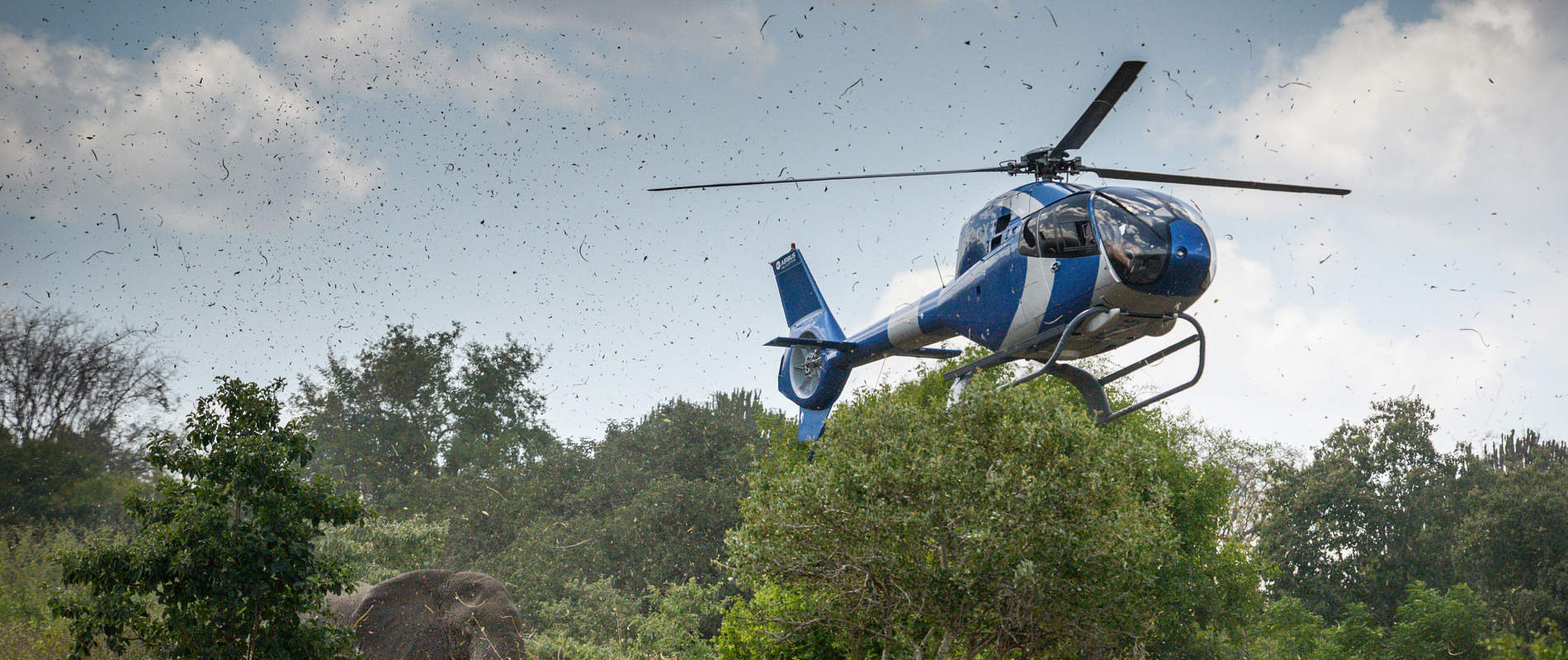During the 3-month reporting period the Sheldrick Wildlife Trust, in partnership with the Kenya Wildlife Service and their four dedicated field veterinary officers, attended to 101 wildlife cases.
Of the 101 cases attended, 48 included elephants - 29 of these elephant cases were directly related to poaching activities. These included 15 poisoned arrow cases, 7 spear cases, 1 bullet wound case, 3 snaring cases and 3 post-mortems where cause of death was suspected to be poaching, though the direct cause could not be determined. There were also 3 human-wildlife conflict cases involving an arrow wound, a bullet wound, and an elephant stuck down an uncovered septic hole. Other elephant cases included 8 treatments for natural causes, 3 post-mortems where cause of death was assumed to be natural, 4 rescues and 1 case where a restraining rope had to be removed from a calf that had been previously rescued.
Non-elephant cases attended by the Vets included 9 poaching incidents; 1 arrow case and 8 snaring cases, as well as 13 human-wildlife conflict cases involving 46 animals. The majority of these cases were related to poisoning or relocation of animals out of community areas to mitigate potential conflict. There was also 1 post-mortem assumed to be natural, 4 rescue cases, 3 technical cases, 22 cases treated for natural causes and 1 survey.
